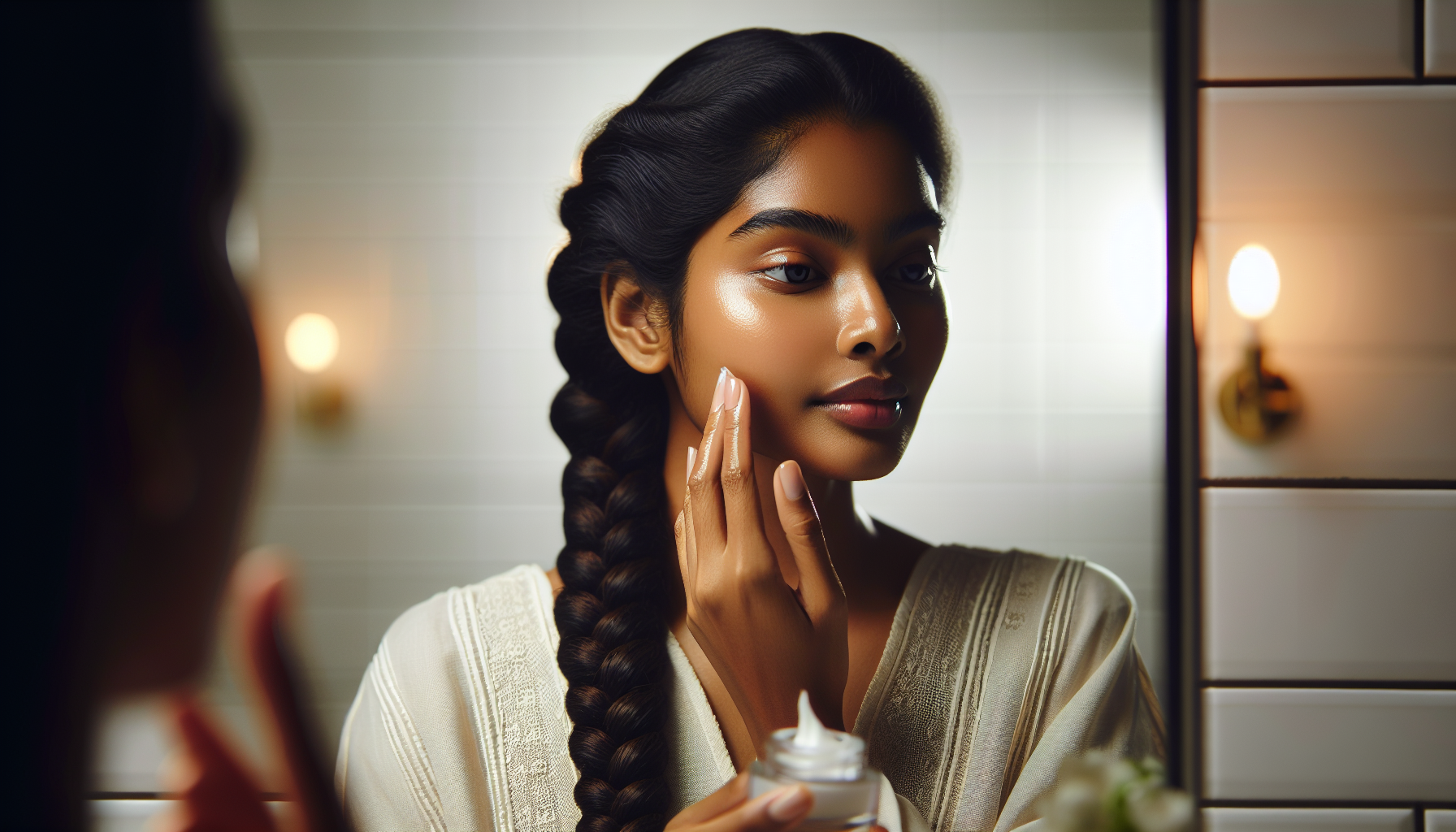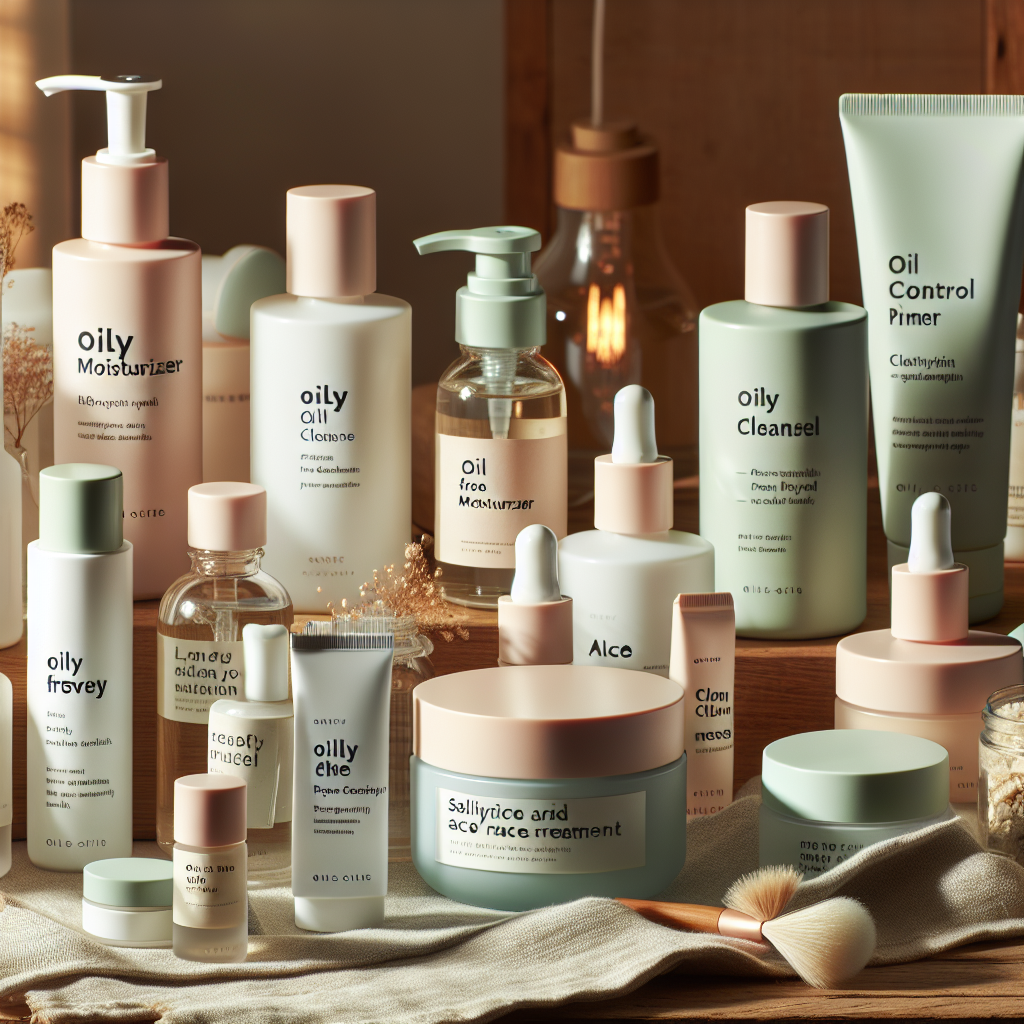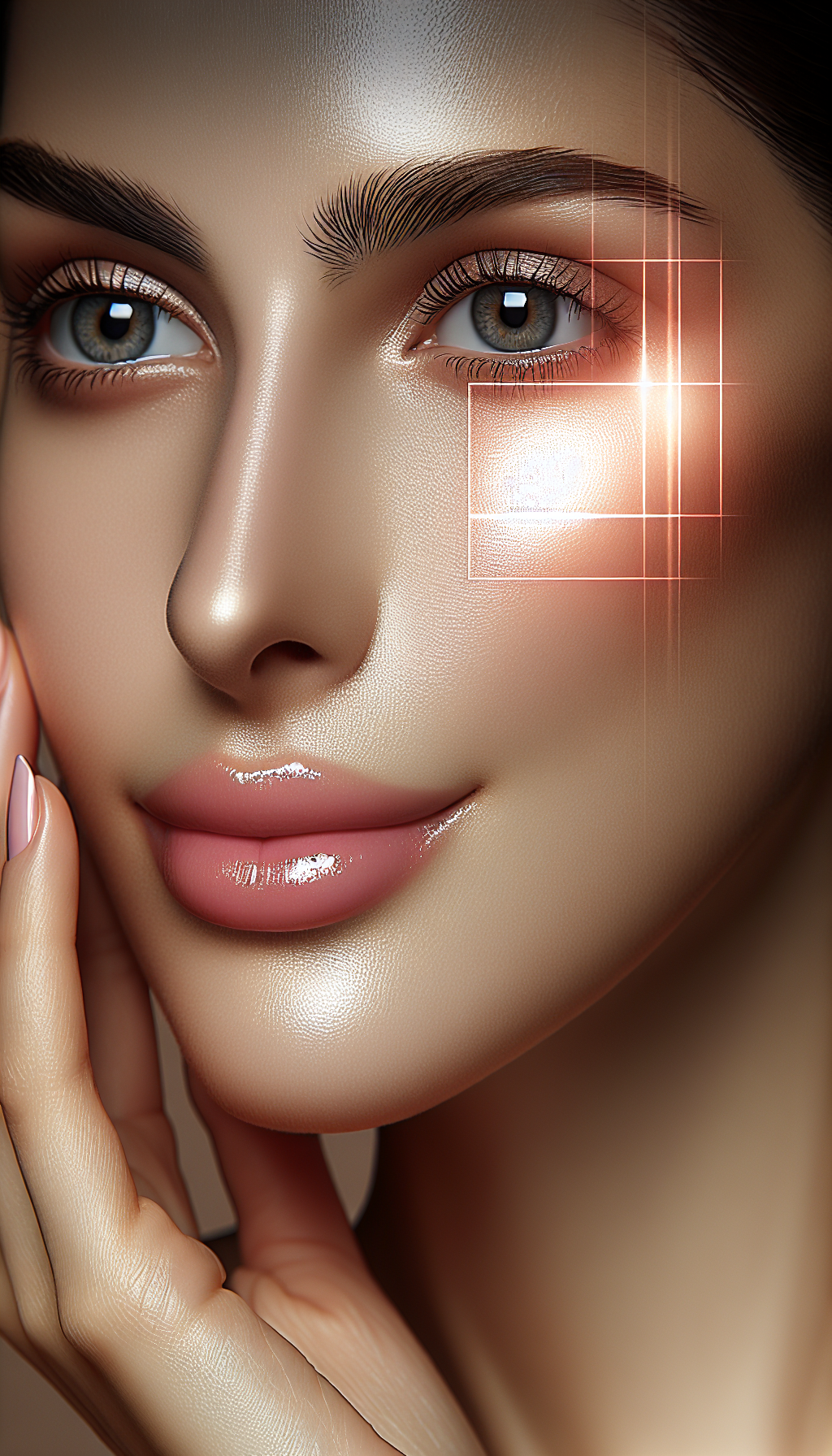Oily skin is a common concern that affects millions of people worldwide. It can lead to a shiny complexion, clogged pores, and an increased risk of acne. While genetics often play a significant role in determining skin type, there are several strategies that individuals with oily skin can employ to manage their condition and prevent the onset of acne. This comprehensive article will explore effective tips for managing oily skin and preventing acne, ensuring your skin remains healthy and radiant.
Understanding Oily Skin
Sebum is an oily substance produced by the sebaceous glands in the skin. It’s vital for keeping the skin hydrated and protected. However, excessive sebum production can lead to oily skin, which can cause pores to become clogged and create a breeding ground for bacteria, leading to acne.
To comprehend why your skin might be producing too much oil, it’s essential to look at factors like hormonal fluctuations, diet, and stress levels. For more insights into how hormones can affect skin health, consider reading about The Impact of Hormones on Skin Health.
Daily Skincare Routine for Oily Skin
Having a consistent daily skincare routine is crucial for managing oily skin. Here’s a step-by-step guide that can help:
-
Cleansing: Use a gentle, water-soluble cleanser twice a day to remove excess oil without stripping the skin of its natural moisture.
-
Toning: Alcohol-free toners can help to remove any residual oil and tighten the pores.
-
Moisturizing: It may seem counterintuitive to apply moisturizer to oily skin, but using an oil-free, non-comedogenic moisturizer can help balance skin hydration levels.
-
Sun Protection: Always use a broad-spectrum sunscreen. For more information on choosing the right sunscreen, refer to Choosing Sunscreen for Sensitive Skin Types.
Remember to visit Skin Health for a more in-depth understanding of skin health management.
Diet and Lifestyle Adjustments
Diet plays a significant role in skin health. Foods high in refined sugars and dairy products can trigger sebum production. Instead, opt for a balanced diet rich in omega-3 fatty acids, antioxidants, and low-glycemic-index foods. Hydrate well and avoid caffeine and alcohol, which can dehydrate the skin and lead to increased oil production.
Managing stress through meditation, yoga, or exercise can also have a beneficial impact on skin health. Regular physical activity helps regulate hormones and can reduce the severity of oily skin and acne.
Advanced Treatments and Medications
For those seeking additional help, advanced treatments and medications may provide relief. Topical retinoids, often available by prescription, can help regulate skin cell turnover and reduce oiliness. Salicylic acid and benzoyl peroxide are two over-the-counter options that can also be effective.
For a comprehensive guide to advanced skincare treatments, consider reading about Innovative Skin Care Technologies and Their Benefits.
External Resources for Managing Oily Skin
There are several niche resources that offer additional support and information for managing oily skin and preventing acne:
- The American Academy of Dermatology provides a wealth of information on acne treatment and management.
- The National Center for Biotechnology Information presents in-depth studies, such as their resource on the role of diet in acne, which can help understand the connection between nutrition and skin health.
- The International Dermal Institute offers insights into skin care ingredient technology which can be especially helpful when choosing the right products for oily skin.
These resources can provide a greater understanding of oily skin and evidence-based strategies for management and prevention of acne.
Regular Skin Evaluations
Regular check-ups with a dermatologist can help monitor the condition of your skin and the effectiveness of your skincare routine. A professional can provide personalized advice and, if necessary, prescribe stronger treatments to manage oily skin and prevent acne.
Conclusion
Managing oily skin and preventing acne involves a combination of proper skincare, diet, lifestyle changes, and possibly medical treatments. By understanding the unique needs of your skin and implementing the tips outlined in this article, you can achieve a clearer, healthier complexion.
Remember, while oily skin can be a challenge, it’s a manageable condition. With the right approach, you can reduce the shine, clear the pores, and prevent acne, allowing your natural beauty to shine through.



